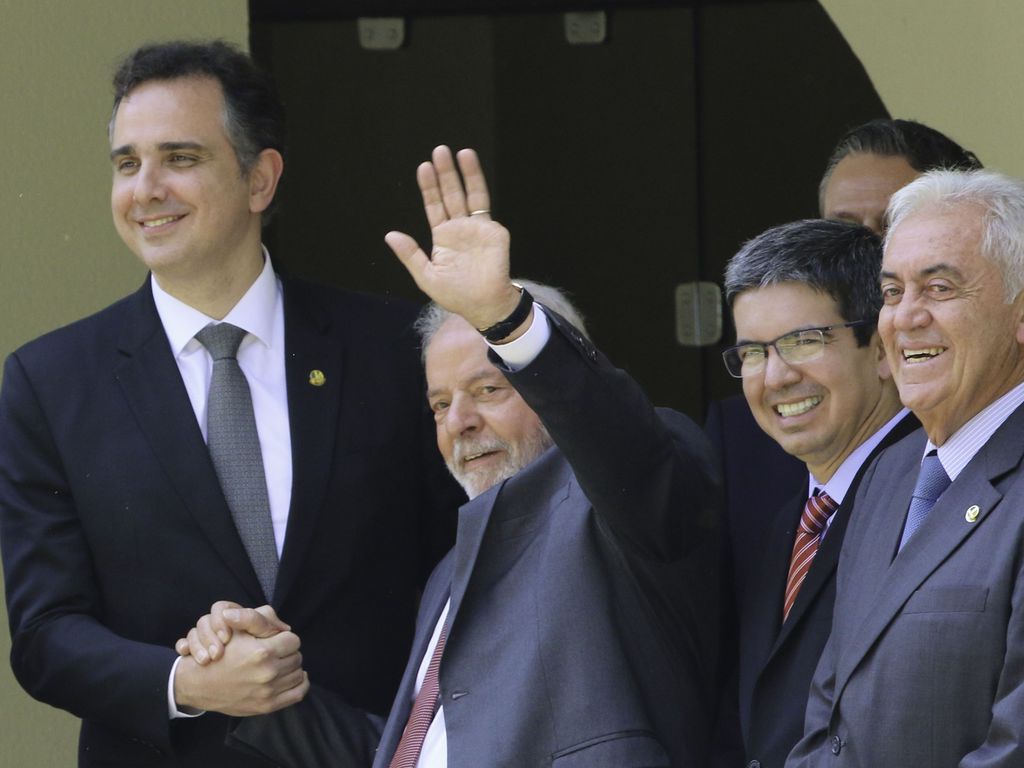The third Luiz Inácio Lula da Silva government officially began this week.
Though it technically began on January 1, it is not an exaggeration to say that the left-wing leader needed to overcome major obstacles that could have derailed his administration before it could even get going.
One of these obstacles was cleared on January 21, when Lula decided to remove a recently appointed Army commander and replace him with Tomás Miguel Ribeiro, seen as a general who is more likely to stick to the letter of the law.
While the change in personnel could have been business as usual, it took on added significance in the wake of the January 8 riot.
Since thousands of disgruntled supporters of former President Jair Bolsonaro stormed Brazil’s capital, raiding the presidential palace, Congress, and Supreme Court, mutual distrust between parts of the Armed Forces and the Lula camp had been sky high.
It’s no secret that Mr. Bolsonaro — a former Army captain who left the forces to become a politician amid investigations that he planned to blow up barracks and a water pipeline to push for better pay for officers — has managed to gain a strong following among members of the military.
He populated his government with thousands of Armed Forces officers. Between the end of the elections and January 8, thousands of protesters gathered and camped outside Army garrisons across the country, calling for a military coup — a plea that, according to unofficial surveys and off-the-record media reports, would have no shortage of advocates among the troops.
To add insult to injury, there is reason to believe that some authorities turned a blind eye as protesters destroyed official buildings on that fateful January 8. Tensions reached boiling point when Lula decided to change the command of the...


 Search
Search






































